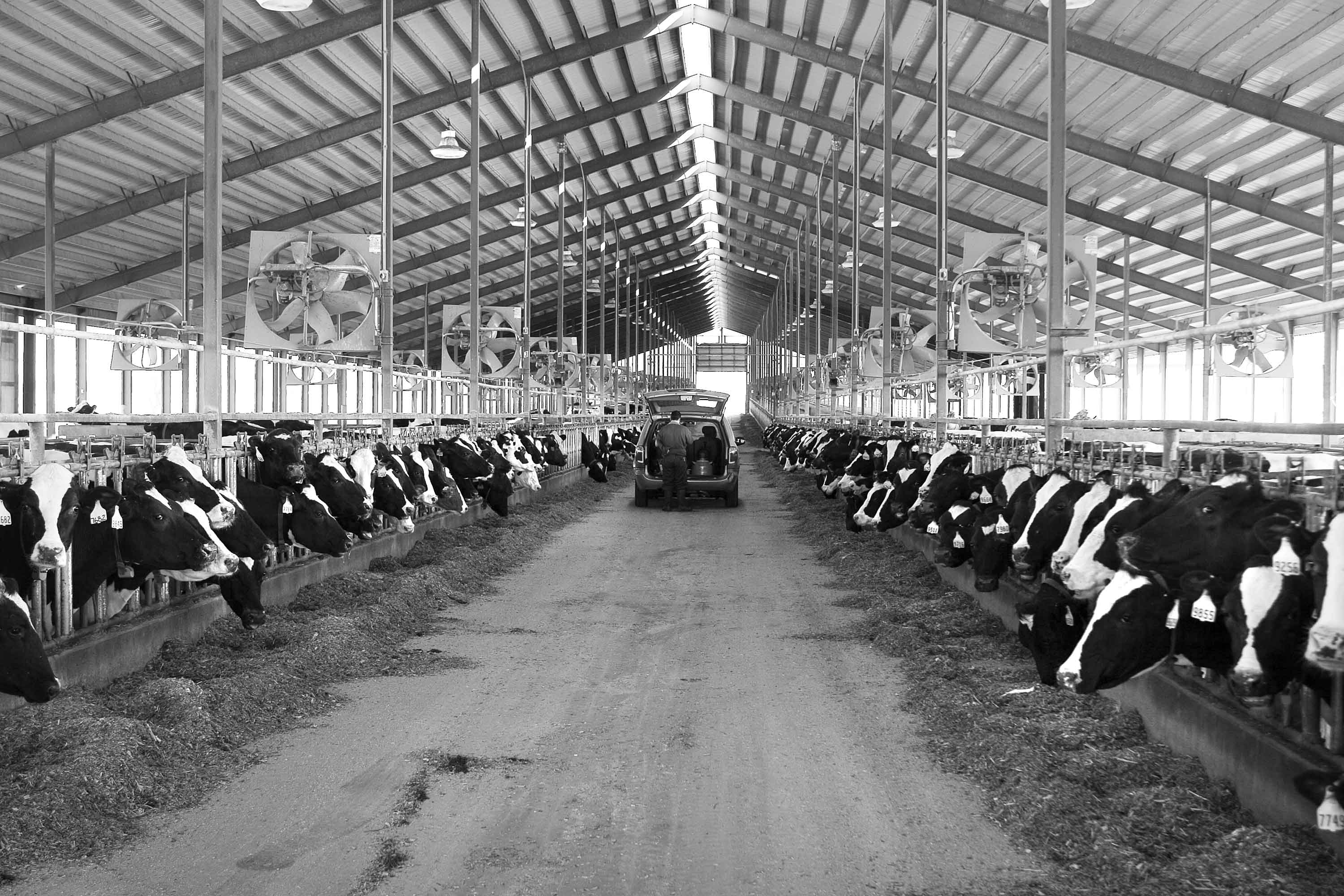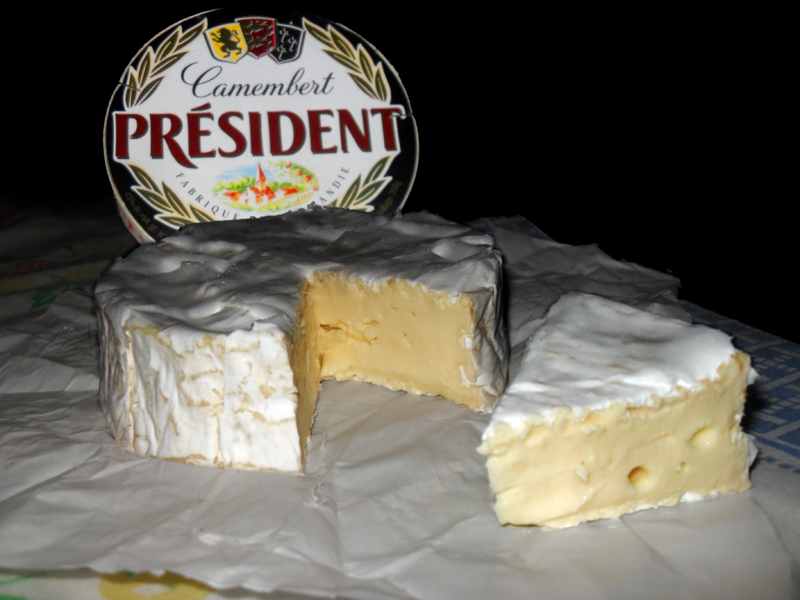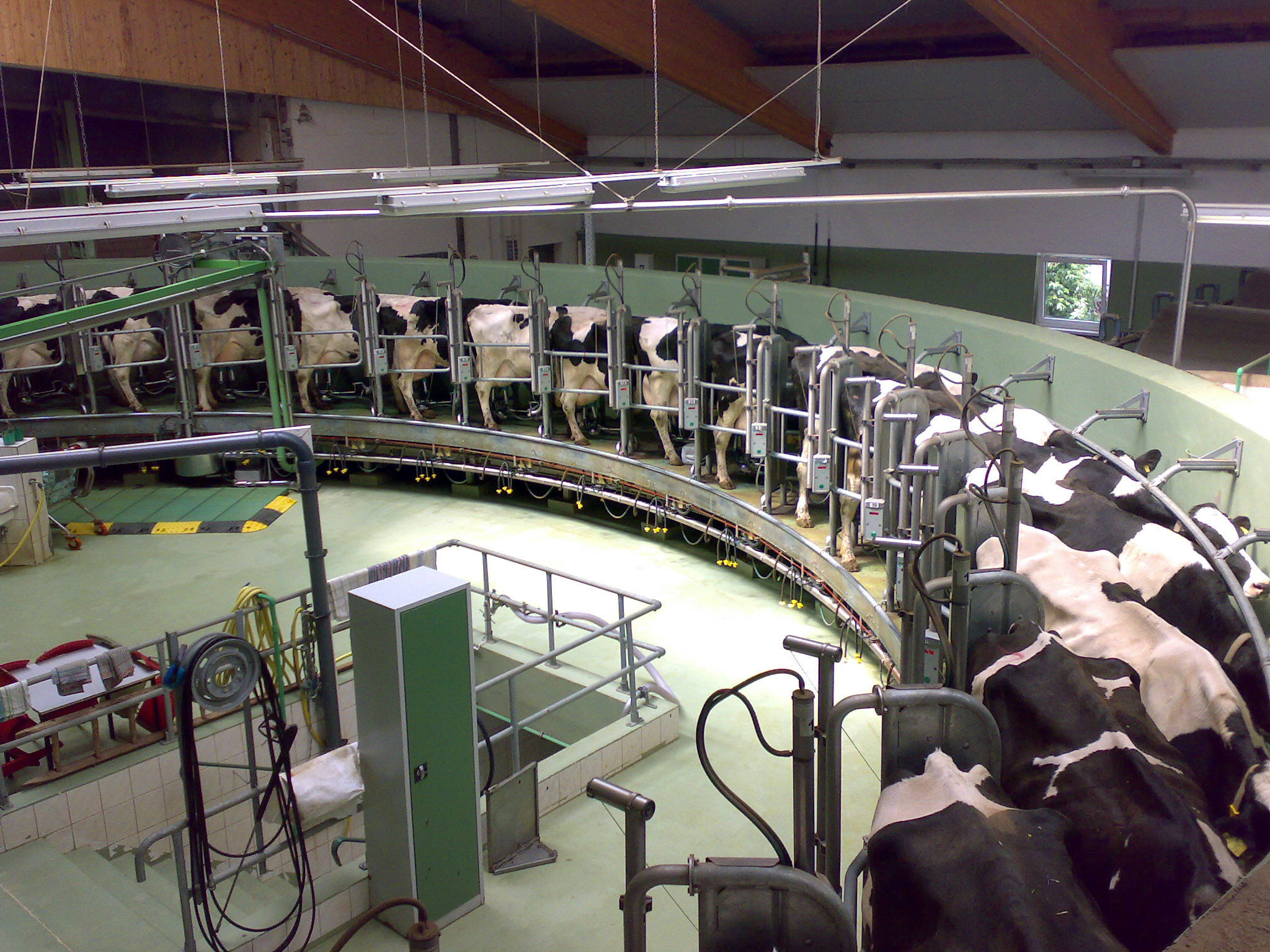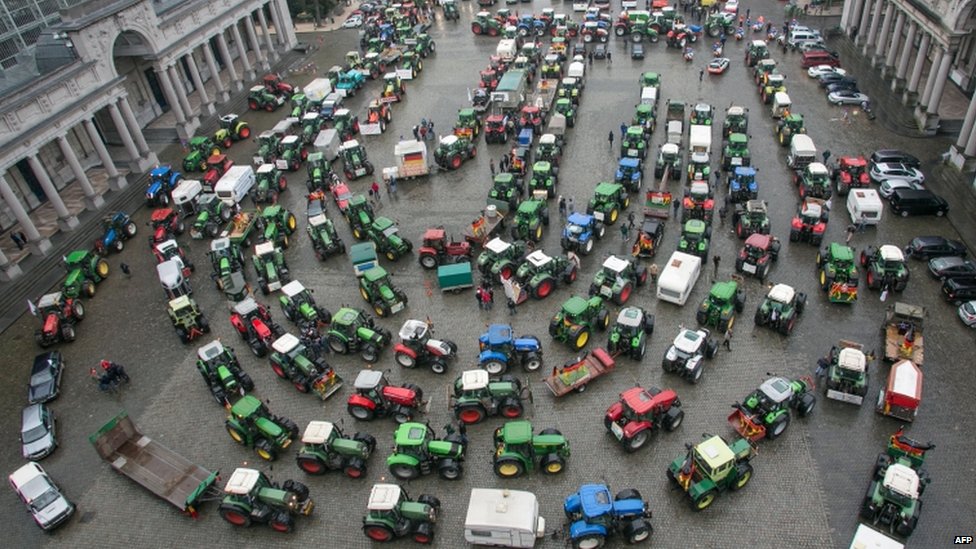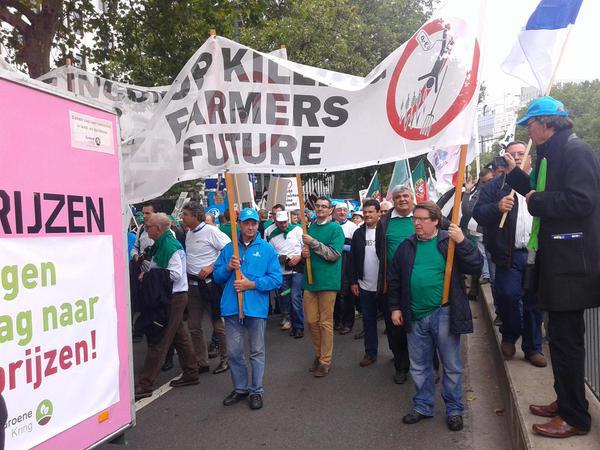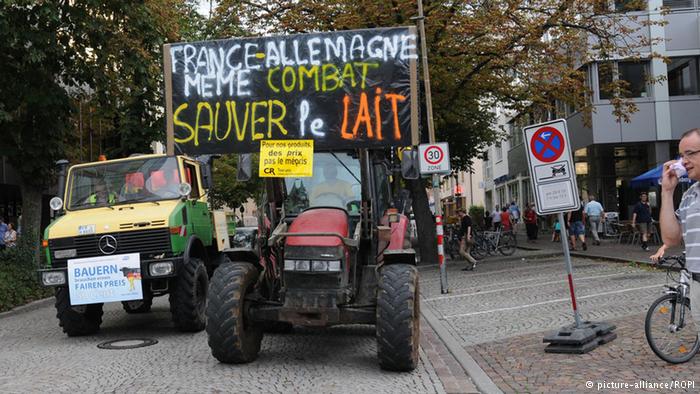One of the demands in the ongoing farmer protests is for fair prices and a fair income. But how many farmers are there and what do individual farmers earn? In my previous post, I examined income trends at an aggregate level, both for the EU and for France as a Member State case study. In this post, I want to dig more behind the aggregate numbers to look at how incomes are distributed within the farming sector.
There are 9 million farms (holdings) in the EU. This figure comes from the latest Agricultural Census taken in 2020 (with figures in the inter-census years derived from the Farm Structure Surveys usually taken every three years or so).… Read the rest

